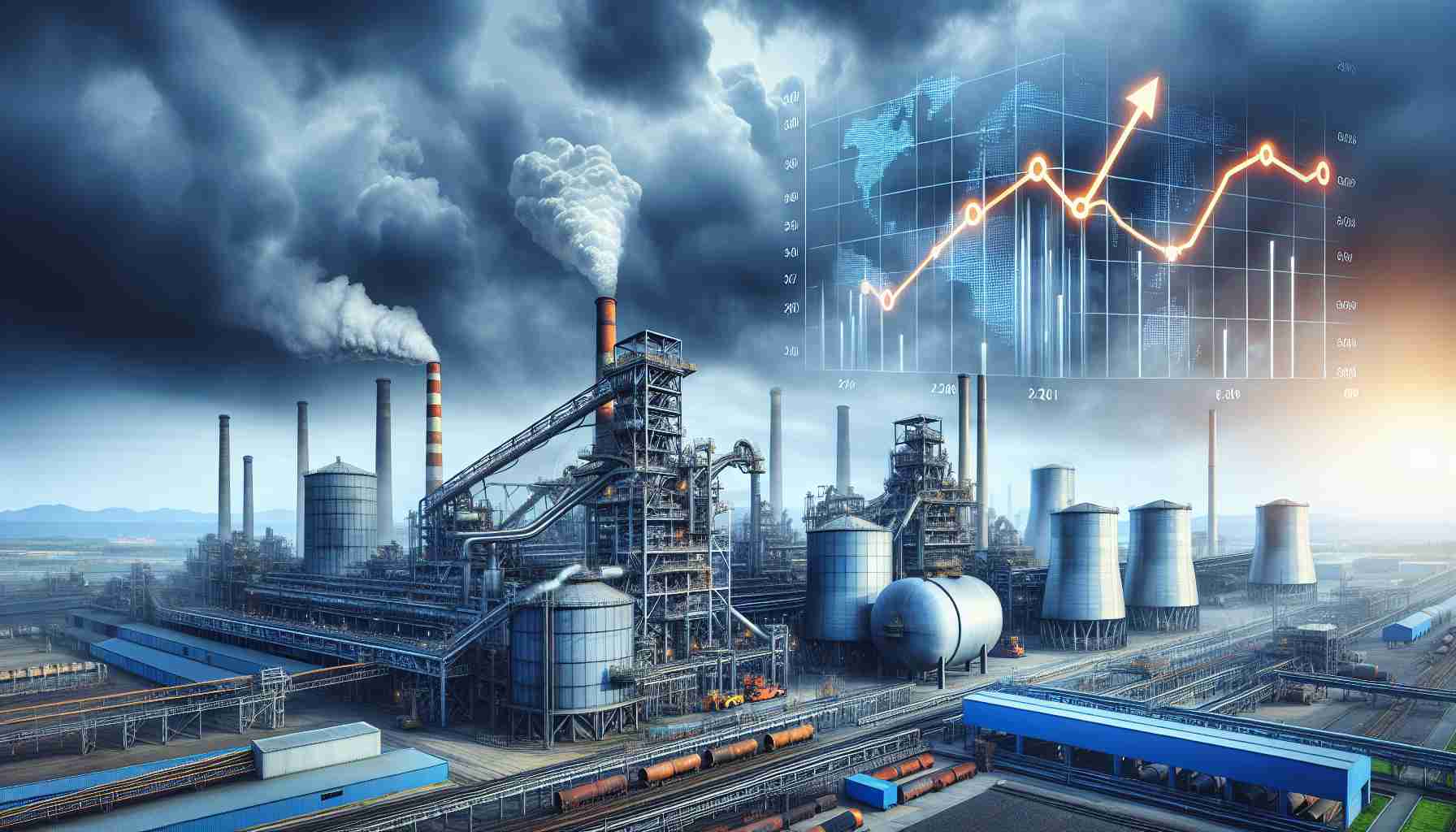ArcelorMittal has officially announced the postponement of its investment decision concerning a hydrogen-based direct reduction facility in Gijón, Spain, which is projected to produce 2.3 million tonnes annually. The multinational steel manufacturer highlighted that this delay is primarily due to a series of unfavorable market conditions, including political instability and challenges related to energy supply.
In a strategic move, the company is awaiting more concrete actions from the European Union regarding the decarbonization of its assets across Europe. Although specific timelines for this decision remain unclear, ArcelorMittal pointed to inadequacies in the current EU Carbon Border Adjustment Mechanism (CBAM) as a significant factor impeding progress. Furthermore, the company noted that the development of green hydrogen technologies is lagging behind expectations.
Earlier this year, the Spanish government pledged €450 million in support for ArcelorMittal’s low-carbon steel initiative in Gijón, which is part of a broader investment totaling around €1 billion aimed at modernizing production methods. Despite this setback, ArcelorMittal plans to continue engineering and analysis on its projects without affecting the ongoing construction of electric arc furnaces at its facilities.
The steel giant remains dedicated to its decarbonization efforts but is looking for enhanced regulatory clarity, which it anticipates may come by 2025. The company believes that upcoming regulations and initiatives will be crucial in fostering a sustainable shift in the steel industry.
Smart Strategies and Insights for Steel Industry Enthusiasts
In light of recent developments surrounding ArcelorMittal’s investment decisions, particularly the delay in their hydrogen-based direct reduction facility in Gijón, it’s essential to navigate this complex landscape with informed strategies. Here are some practical tips, life hacks, and intriguing facts that can enhance your understanding of the steel industry and sustainability efforts.
1. Stay Informed on Industry Trends
Keeping up with changes and technological advancements in the steel industry is vital. Subscribing to industry newsletters or following reputable sites can provide you with real-time updates on advancements in green technology and regulatory changes. For detailed insights, visit worldsteel.org.
2. Engage in Sustainable Practices
If you’re involved in construction or manufacturing, consider adopting sustainable materials and practices. Look for suppliers who prioritize environmentally friendly methods, similar to ArcelorMittal’s efforts in low-carbon steel production. This not only supports the planet but can also enhance your business’s reputation.
3. Leverage Green Hydrogen Technologies
Understanding the potential of green hydrogen can open doors to innovative practices. Explore partnerships or investments in hydrogen technology. Stay connected to organizations that are pioneers in this area and consider attending relevant workshops to broaden your knowledge base. More information is available at hydrogeneurope.eu.
4. Advocate for Policy Clarity
Encouraging regulatory bodies to clarify frameworks like the EU Carbon Border Adjustment Mechanism (CBAM) can expedite industry progress. Participate in forums, discussions, or lobbying efforts that aim to enhance the clarity and effectiveness of crucial sustainability policies.
5. Network with Industry Professionals
Building a network of contacts within the steel and sustainable energy sectors can provide insights and opportunities for collaboration. Attend conferences, webinars, or local meetups to connect with professionals who share your interests.
6. Invest in Continuous Learning
As the steel industry evolves, so should your knowledge. Online courses, seminars, and certifications related to sustainability and technological advancements in steel manufacturing can enhance your qualifications and expertise. Websites like coursera.org offer varied courses that cater to these interests.
Interesting Facts:
– Did you know that steel is the most recycled material in the world? Recycling steel uses up to 74% less energy than producing new steel from raw materials.
– The global steel industry is responsible for approximately 7% of total greenhouse gas emissions, highlighting the urgency for decarbonization efforts.
– Green hydrogen produced from renewable energy sources can significantly reduce carbon emissions in steel production processes.
By incorporating these tips, leveraging knowledge, and remaining proactive about sustainable practices, you can contribute to a more eco-friendly steel industry while positioning yourself as a knowledgeable stakeholder in this crucial field. For further reading and resources related to the steel industry, check out arcelormittal.com.

